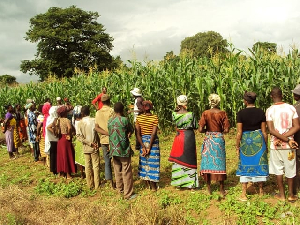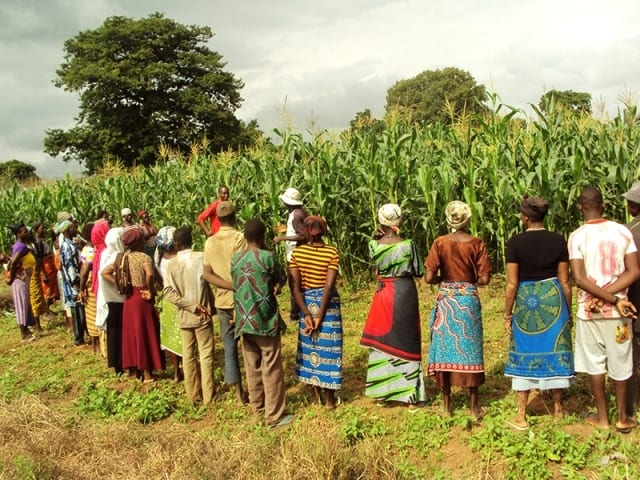This blog is managed by the content creator and not GhanaWeb, its affiliates, or employees. Advertising on this blog requires a minimum of GH₵50 a week. Contact the blog owner with any queries.
Ted News Ghana Blog of Monday, 14 April 2025
Source: TEDDY VAVA GAWUGA

The Minister for Food and Agriculture, Eric Opoku, has revealed that the government will disburse $1 million to support over 1,500 peasant farmers in Northern Ghana, as part of the Feed Ghana Project aimed at boosting vegetable production.
Speaking on the Citi Breakfast Show on Monday, April 14, 2025, Mr. Opoku said the initiative is focused on empowering grassroots farmers, particularly those already engaged in the cultivation of tomatoes and other vegetables.
“We are dealing with the peasant farmers because they are on the field and are registered. Some are already into tomato production. So, it is just a matter of our team identifying them and giving them the logistics they require,” he stated.
According to the Minister, the financial aid is crucial because many of these small-scale farmers lack the capital needed to expand their operations.
The official signing of a Memorandum of Understanding (MoU) with the Apex Bank to facilitate the disbursement is scheduled for Wednesday, April 16, 2025.
“I will engage the media because I will sign an MoU with the Apex Bank for the distribution of $1 million to over 1,500 peasant farmers in the Northern part of the country for the production of vegetables. This is just the beginning,” Mr. Opoku added.
In addition to financial support, the government is also providing technical assistance, including the supply of improved seeds and farming inputs designed to enhance productivity and support year-round cultivation.
“Our technical team has come up with the best quality, and we are supplying that to our farmers. I have been to the field and I can tell you—we have the technical know-how to surpass what Burkina Faso is doing,” the Minister declared confidently.
The intervention is part of a broader strategy under the Planting for Food and Jobs Phase II, which aims to strengthen food security, reduce imports, and create sustainable livelihoods for smallholder farmers across the country.
